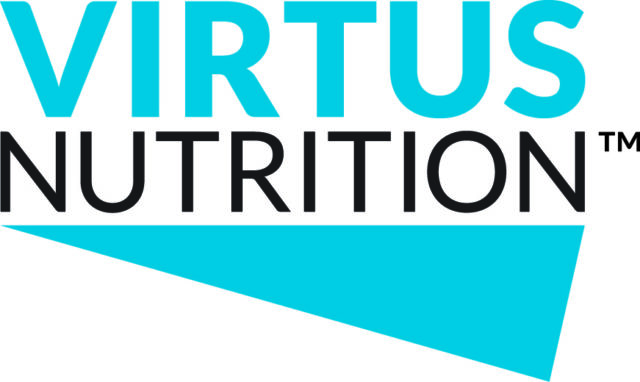If location is everything, let me start by disclosing this one thing: This column is being written inside a tent in the mountains of a drought-stricken desert of Chile.
These mountains, in particular, have served as a place for people who have reasons for living off the grid. A few years ago, a large marijuana operation was discovered nearby. Two people died in the shootout with the authorities. Afterward, large bales of the crop were helicoptered away, worth collectively over a million U.S. dollars. Not long before that, and not far away, an entire cult was arrested.
Their name roughly translating to “People Entering the Light,” it made national news when it was discovered that they burned a baby alive. The people I’m surrounded by now also have their reasons for leaving civilization, although notably less heinous.
To save money and learn about local culture while traveling through South America, my girlfriend, Alessandra, and I decided to sign up for a site called Workaway, which allows individuals to volunteer with numerous projects in exchange for room and board. Alessandra and I combed through the various offerings, most of them for permaculture or eco-village sites. Every time we came across phrases in the description like “vegetarian meals only” or “practices non-violent communication,” I duly vetoed that listing. However, after doing so, I was dismayed to find there weren’t any projects left.
We are presently halfway through our first Workaway experience here in the mountains near Valparaiso. We were picked up by a dust-covered man in a dusty jeep and taken through winding dirt roads left over from quartz miners. When we arrived and stepped out of the vehicle, we discovered it hard to breathe at first, with only 10 percent humidity in the air. We were a bit dismayed to find that our “room” was a tent with a dirty mattress inside. Even worse, we soon learned that while there was no mention of vegetarianism in the description, two of the volunteers happen to not eat meat, and there would only be fruits and vegetables on our plates for our 10 days here.
The project we are volunteering at is not exactly what I had in mind when I told Alessandra I hoped to experience some South American agriculture on the trip. The “farm” mentioned in the description consists of a handful of vegetable patches and a dozen fruit trees, some of them fertilized by our own feces. (The urine is piped directly to the lemon trees.)
The horticulture is terraced and watered by piping that originates in a mountain stream – the same stream providing our drinking and sink water (never is a water bottle filled without something floating on the bottom). The main building is a small hut made out of leftover wood slabs, straw and dried mud. There are only enough outlets for a small refrigerator, one light over the dining tent and one extension to plug your phone into. Alessandra and I are lucky, however; several weeks before we arrived they installed their first shower and flush toilet. Volunteers in the previous five years did not enjoy such luxury.
Without modern conveniences, most of the day seems to be spent preparing meals. Dishes are cooked simultaneously over an open fire and on a cast-iron stove with an actual fire inside it. The plates are made mostly with the produce from the property, with the addition of simple ingredients bought in town like sugar, flour and butter. When we do work, it is only for a few hours in the morning and a few hours in the late afternoon, and in the vein of “bioconstruction.” The concept involves building with only natural or waste materials. Lately, we’ve been put to the task of applying mud to the outside of the bathroom, the mixture made out of several types of sand found on the mountain as well as manure collected from the beef cattle that graze freely in the area.
This is how things currently stand: My hands are dry enough that the top layer of skin is perpetually flaking away. My nose fills up quickly with the blackest buggers I have ever seen. I half-suspect the mattress we sleep on is infested with a biting insect and know for certain it has never been cleaned. My beard turns to mud when I do take a shower. Worse than all that, it has been five days without meat.
Thinking through it now, the experience thus far has positioned me on middle ground between a hippy-hater and an eco-freak. Now understanding better the extra labor required to exist more self-sufficiently and leave a smaller carbon footprint, I respect the people who make that sacrifice. I believe the planet is heading toward an environmental crisis and changes need to be made in the way we live for a more sustainable future. On the other hand, going largely off the grid is not possible for most people and not entirely practical in itself. I find myself wondering how the owner of this project finances it (and in turn hope that it is not through the organs of missing volunteers). More than that, I don’t think I can give up movies, heated water and the microwave for more than 10 days at a time.
I expect to leave this mountain dirty, with enough dust in my hair and clothes that I could probably grow plants off of me, but with an appreciation for a lifestyle I had not experienced before. For what it’s worth, I’ll have a better understanding of bioconstruction and how to create structures without commercial products. I will have probably eaten more vegetables than all the rest of my life up to this point. Most of all, however, given the history of the area, I simply hope to leave this mountain.
P.S. If there isn’t another column published, please send help.







